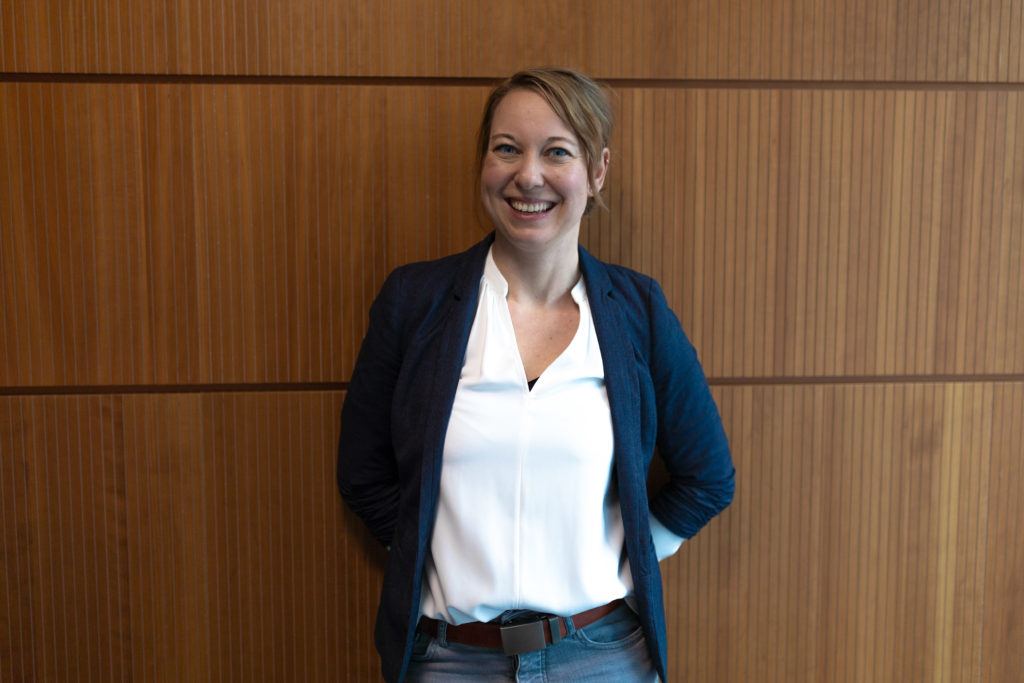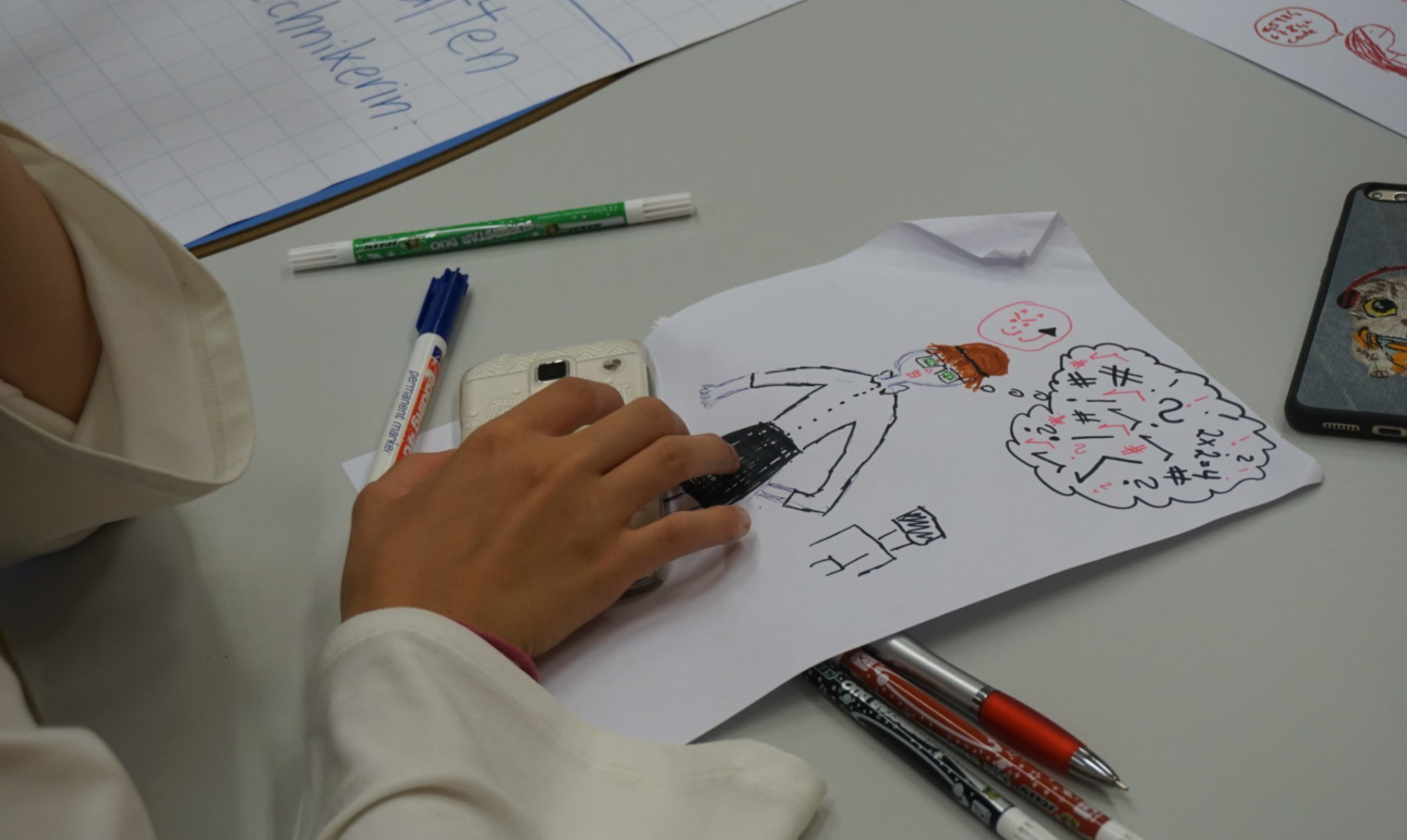
Photocredit: Tamara Menzi
Short Bio
I am a Professor of Computer Science Education at the Zurich University of Teacher Education (PHZH), Switzerland and conduct research at the Center for Education and Digital Transformation, with a focus on “Computing Skills in Education” as one of its key research areas. Additionally, I am affiliated with the Center for Media Education and Informatics, where I explore innovative approaches to digital and computer science education.
Previously, I was a visiting professor for Computer Science Education at the University of Hildesheim (Germany) and obtained my PhD in 2018 at the Institute for Software Development at Graz University of Technology (Austria).
My research focuses on gender-sensitive computer science, AI didactics, computational thinking, making, game design, and open educational resources (OER). A key aspect of my work is promoting girls and women in computer science and developing inclusive, gender-sensitive teaching concepts. I design didactic approaches that enable interdisciplinary, practice-oriented, and inclusive access to computer science education.
Social profiles: – LinkedIn – Twitter (x) – ResearchGate – GoogleScholar
ORCID: 0000-0003-2738-019X
Download “List of Publications” (01.2024)
Research focus
My research interests is positioned at the intersection of computer science, education, and society. I develop innovative didactic concepts that make computer science education gender-sensitive, interdisciplinary, and future-oriented. My focus lies on four central areas:
1. Gender-Sensitive Computer Science
- Research and development of concepts to promote girls and women in computer science (e.g., girls-only programs, role models, gender-sensitive teaching materials)
- Empowerment strategies to strengthen the visibility and participation of women in the digital world
- Gender-sensitive didactics in teacher education: Teachers as multipliers for diverse and equitable STEM education
2. Interdisciplinary Computer Science: Computational Thinking, Making, and Game Design
- Computational Thinking as a future skill: interdisciplinary approaches (Erasmus+ project ComeThinkAgain)
- Making as a creative approach to computer science education
- Game Design: game-based learning, tutorial games, mobile learning, gamified learning concepts
- Connecting universities, industry, and schools for hands-on STEM education
- Curriculum design for foundational computer science education
3. AI Didactics: Learning With and About Artificial Intelligence
- Development of didactic concepts to teach AI competencies for educators across all subjects (Z2-3)
- AI as a learning and reflection tool: critical engagement with algorithmic biases, ethics, and data privacy
- Practical training programs for teachers to integrate AI into their classrooms
4. Open Educational Resources (OER)
- Strategic integration of OER in higher education (topic lead at PHZH)
- Promoting Open Educational Resources (OER) as part of a sustainable digital learning culture
- Development and research of open digital teaching and learning resources
- Open Education as a principle: collaborative learning spaces, participation, and sustainable knowledge sharing
